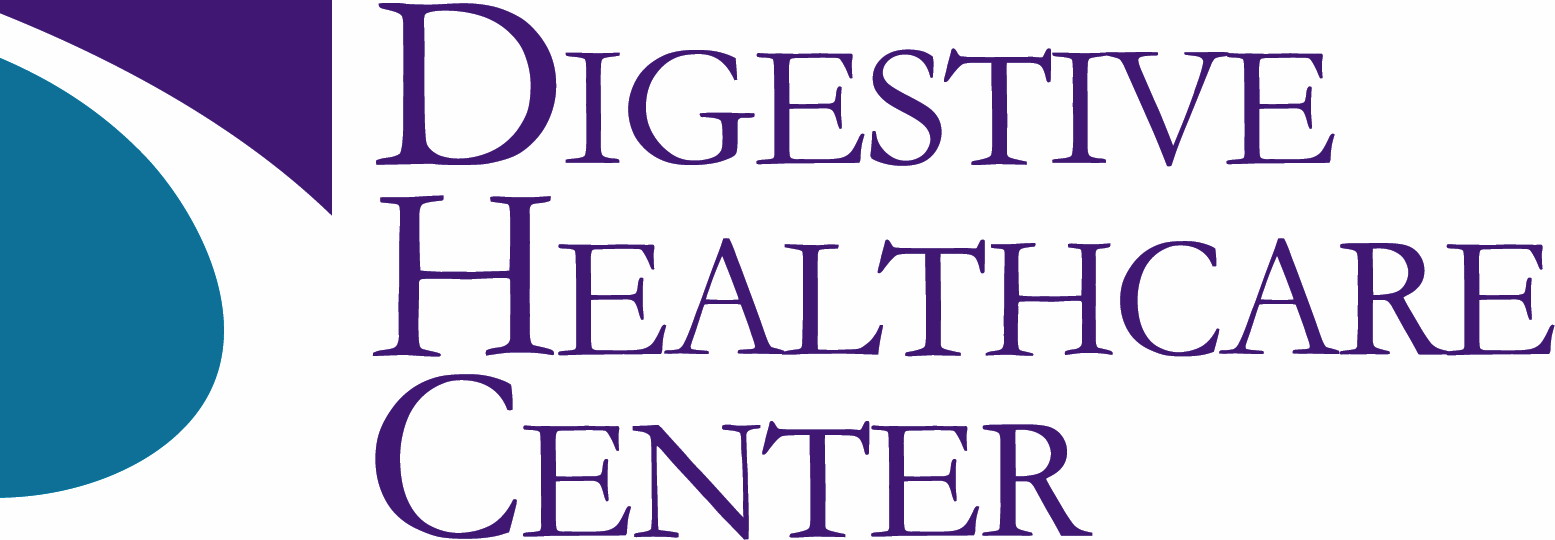Blog
Colorectal Cancer Screening: What You Should Know
What is Colorectal Cancer?
 At Digestive Healthcare Center, our team of expert gastroenterologists strives to ensure that patients have all the information they need to promote long term digestive health. In the case of certain gastroenterological conditions such as colorectal cancer, screening is incredibly important. Colorectal cancer starts in the colon (large intestine) or rectum. Both of these organs are located in the lower part of the digestive system. The cancer usually occurs when benign polyps on the inner lining of the colon or rectum become cancerous over time. Regular screenings are highly recommended as a preventative measure to identify polyps in their beginning stages, and to remove them before cancer has a chance to develop. According to The American Cancer Society, there is a 90% survival rate when cancer is found and treated early. Learn more below about the different screening options for colorectal cancer in NJ, including colonoscopy – the gold standard for screening.
At Digestive Healthcare Center, our team of expert gastroenterologists strives to ensure that patients have all the information they need to promote long term digestive health. In the case of certain gastroenterological conditions such as colorectal cancer, screening is incredibly important. Colorectal cancer starts in the colon (large intestine) or rectum. Both of these organs are located in the lower part of the digestive system. The cancer usually occurs when benign polyps on the inner lining of the colon or rectum become cancerous over time. Regular screenings are highly recommended as a preventative measure to identify polyps in their beginning stages, and to remove them before cancer has a chance to develop. According to The American Cancer Society, there is a 90% survival rate when cancer is found and treated early. Learn more below about the different screening options for colorectal cancer in NJ, including colonoscopy – the gold standard for screening.
Who Should be Screened for Colorectal Cancer?
Colorectal cancer is the 2nd leading cause of cancer deaths in the United States. It is most common among men and women between the ages of 45 and 75. The American Cancer Society recommends average-risk people start screening at 45 years old and then repeat screening every 10 years, unless instructed otherwise by a doctor. If you are over the age of 75, refer to a gastroenterologist to determine whether or not you should be screened. Risk factors other than age that may increase the risk of developing colorectal cancer include:
- A personal history of cancer or polyps, or family history of cancer
- Sedentary lifestyle
- Alcohol consumption
- Low-fiber, high-fat diet
- Being overweight
- Tobacco use
Colonoscopy: The Gold Standard for Colorectal Cancer Screening
There are several screening tests available to identify polyps or colorectal cancer, but colonoscopy is considered to be the gold standard. Recommended for patients ages 45-75, colonoscopy is the only screening that detects and prevents cancer, as well as the only test for those with risk factors such as personal or family history of polyps or cancer. During the test, a flexible tube with a small camera attached to the end is used to examine the inside of the rectum and entire colon for any abnormalities. During a colonoscopy, biopsies can be taken and polyps can be removed. Studies show that colonoscopy reduces the risk of cancer by 89%.
What Other Screening Options are Available?
There are other tests that are used to screen for colorectal cancer as well, but the U.S. Multi-Society Task Force on Colorectal Cancer (MSTF) recommends that colonoscopy is offered first, as it is the most effective and comprehensive of the available screening methods. The following screening methods may be used in certain cases, or in conjunction with colonoscopy.
Stool Tests and Cologuard
Stool-based screening is an appropriate option for certain patients, such as those who are considered average-risk and refuse or are unable to have colonoscopy. Two types of stool tests that are commonly used are the guaiac-based fecal occult blood test (gFOBT) and the fecal immunochemical test (FIT). They are utilized to detect hidden blood in your stool and may be done every 1 to 2 years. The main stool screening method used currently is Cologuard, which is a stool-DNA screening test approved by the FDA. This test, which is completed at home and then sent to a lab, looks for changes in your DNA that may indicate the presence of cancer or precancerous polyps. The test also looks for traces of blood in the stool that would not be visible to the naked eye. If Cologuard results come back positive, further testing via colonoscopy will be needed.
CT Colonography
A computed tomography (CT) colonography, also known as a virtual colonoscopy, uses X-rays and computers to produce images of the entire colon. The images displayed on a computer screen allow doctors to analyze them more closely and accurately. If a polyp is found by a CT scan, the patient would need a colonoscopy to remove it.
Flexible Sigmoidoscopy
A flexible sigmoidoscopy is similar to, but not the same as, a colonoscopy. A sigmoidoscopy only examines the lower third of the colon, rather than the entire colon. For this test, a doctor uses a thin, flexible tube to examine the rectum and lower colon for cancer or polyps. It is not as thorough as a colonoscopy and may miss up to 40% of colon cancers.
Gastroenterology Care and Colorectal Cancer Screening in New Jersey
At Digestive Healthcare Center, our expert physicians specialize in diagnosing and treating all manner of gastrointestinal conditions, including colorectal cancer. We are committed to providing the highest quality digestive care for patients across Central New Jersey, with offices located in Hillsborough, Somerville, and Warren. If you have reached the standard screening age for colorectal cancer, we encourage you to contact us today to set up an appointment. Our physicians will work with you and answer any questions you may have about screening or our other services and procedures, and will craft a personalized care plan based on your unique needs. To learn more about our comprehensive gastroenterology care in Somerset County, please schedule an appointment at Digestive Healthcare Center today.
Make an Appointment for Comprehensive Digestive Care in NJ
At Digestive Healthcare Center, we want each patient at our three offices in New Jersey to feel confident about their digestive health. We encourage you to contact us today to make an appointment with one of our expert gastroenterologists – don’t wait to start putting your digestive health first!
Recent Blogs
Learn more about all things digestive health and wellness by checking out our recent gastroenterology blogs.

Walk in Solidarity and Support Breast Cancer
Blog On October 21st the DHC team and family members had a wonderful time walking in solidarity and support of Breast Cancer in honor of

The Do’s and Don’ts of Eating This Holiday Season
Blog The holiday season is officially upon us, complete with holiday food and cheer. While this time is well renowned for being “the most wonderful
Tame Your Flame: Our Summer Guide to Digestive-Friendly Eating
Blog With summer officially upon us, barbecue season is in full swing. That means blue skies, sunshine and making merry memories. Whether you’re invited to
